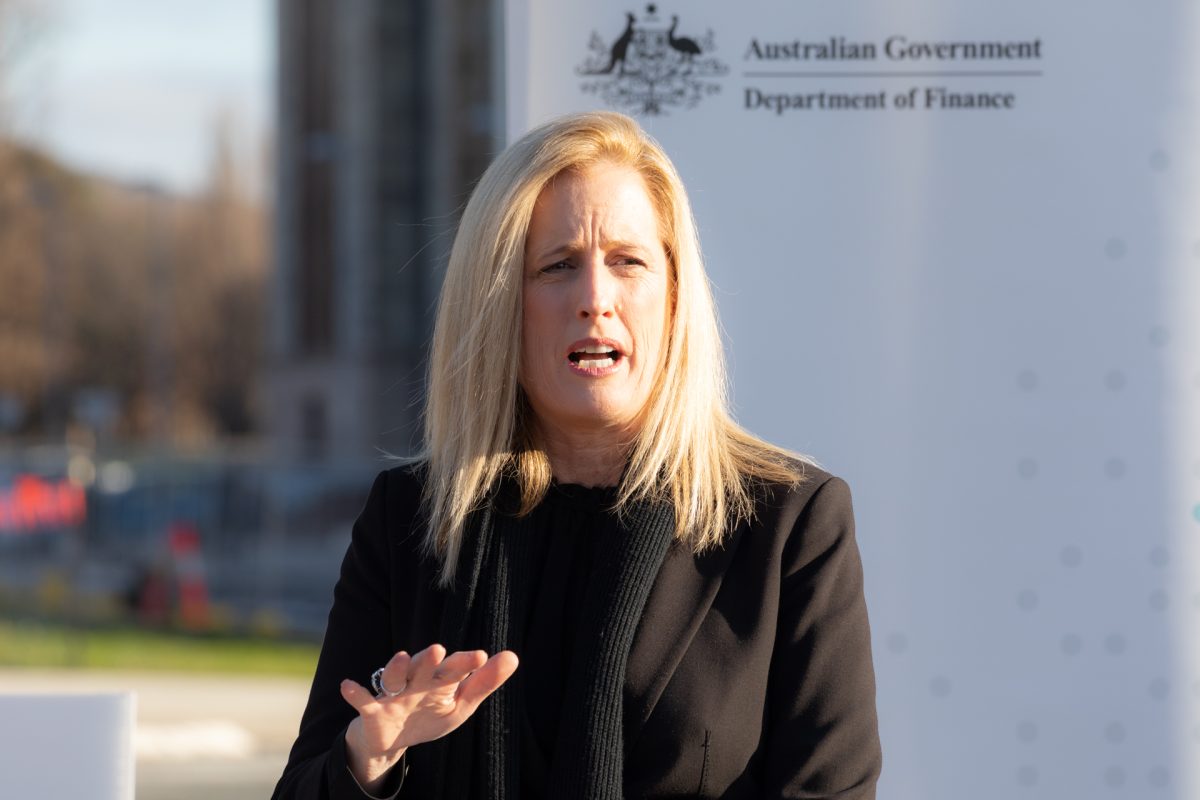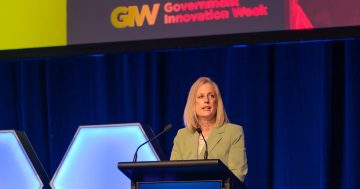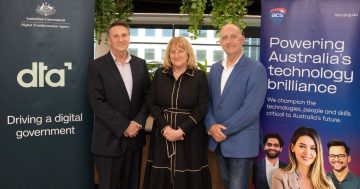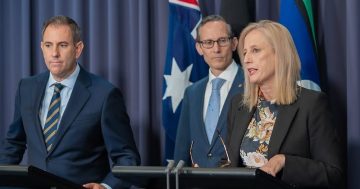
Katy Gallagher. The Data and Digital Government Strategy is the first attempt to combine data and digital into one strategy. Photo: Michelle Kroll.
With growing public frustration when trying to access government services, the Federal Government has released the Data and Digital Government Strategy, which it says sets out a vision to “deliver simple, secure, and connected” public services using world-class technologies.
But there’s a long way to go to attain that goal. A deadline has been set for the end of this decade.
It is the first attempt to combine data and digital into one strategy, with plans for it to be a blueprint for the coordinated investment in and management of digital technologies in the Australian Public Service through to 2030.
The strategy sets out five aims to accelerate data and digital transformation across the APS, including delivering for people and business; simple and seamless services, shaping government for the future, being trusted and secure, and building data and digital foundations.
It was informed by consultations with numerous sectors of the Australian public and community.
In releasing the strategy, Public Service Minister Katy Gallagher said she wanted to ensure the APS was keeping up with technology and adopting leading-edge practices.
At the same time, services have to be inclusive and accessible.
“We want to provide better services that are easy to use, that save people time and money, and that are safe and secure,” Senator Gallagher said.
“People told us about the importance of trust in public services and that no one should be left behind as government services move online.
“Industry highlighted the opportunities of innovative, emerging technologies – especially those from Australian suppliers.
“The wider community shared their strong desire for closer partnership by government with all corners of the economy and society, to share ideas and co-design policies and services.”
An implementation plan sets out ways to measure the success of the strategy. These involve whole-of-government scorecards to track progress and will include high levels of accountability and metrics to track progress.
The initiatives will involve significant innovation, large-scale reform, and service improvements to support the strategy’s missions.
The implementation plan will be updated each year.
To achieve the 2030 vision, Senator Gallagher said the government will need to build data and digital expertise within the APS and more effectively partner with industry, the community sector and academia.
“Digital and data are skills that are no longer ‘nice to have’. They’re essential in the modern workplace,” she said.
“We’re bringing back core public service skills and building the APS’s data and digital capabilities with a focus on supporting more women and those from diverse backgrounds to succeed in digital roles.
“We also know there’s a role for state and territory governments, industry, the community sector, and academia to play in supporting government to get this right.
“Be it providing specialist technical skills, research and development or working directly with communities to support the design and delivery of services; partnering effectively with all sectors is vital.”
The strategy is designed to build continued commitment to improving how the APS adopts and uses data and digital technologies.
According to the document, growing maturity will improve service delivery and increase the public’s trust in the government’s handling of their information.
“Advancing interoperability will remove silos, reduce the number of times government collects the same information and make it easier to design and deliver services around people, rather than around how government is structured,” it states.
“Strengthening oversight and advice functions and providing visibility of other commitments at the time decisions on data and digital investments are made will lead to more efficient and effective spending.
“Replacing outdated technologies will improve functionality and productivity and address cyber security vulnerabilities.
“Reducing storage of the same data across multiple systems will make it easier to manage, reducing the risk and impacts of data breaches and other cyber security incidents.
“Updating legislation, standards and policies will allow government to harness data and digital technologies safely, easily and while maintaining public trust.
“Leading by example will help build the public’s trust and respect in the APS and encourage broader adoption of emerging technologies and their safe and responsible adoption in the broader economy.”
The strategy will be considered a success once all government services are known to be safe and accessible, with strong integrity and transparency factors, including cyber secure systems.
APS data and digital activities must be underpinned by a commitment to privacy, security, and ethical use, and increased evidence-based policy and decision-making must become the norm.
Original Article published by Chris Johnson on Riotact.









